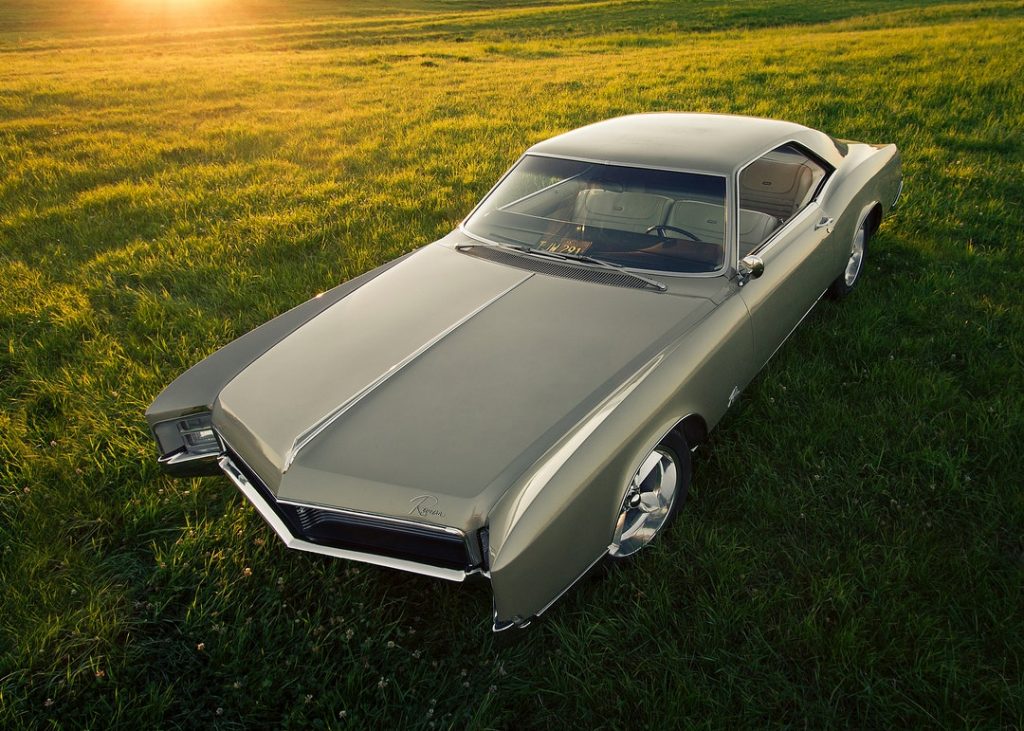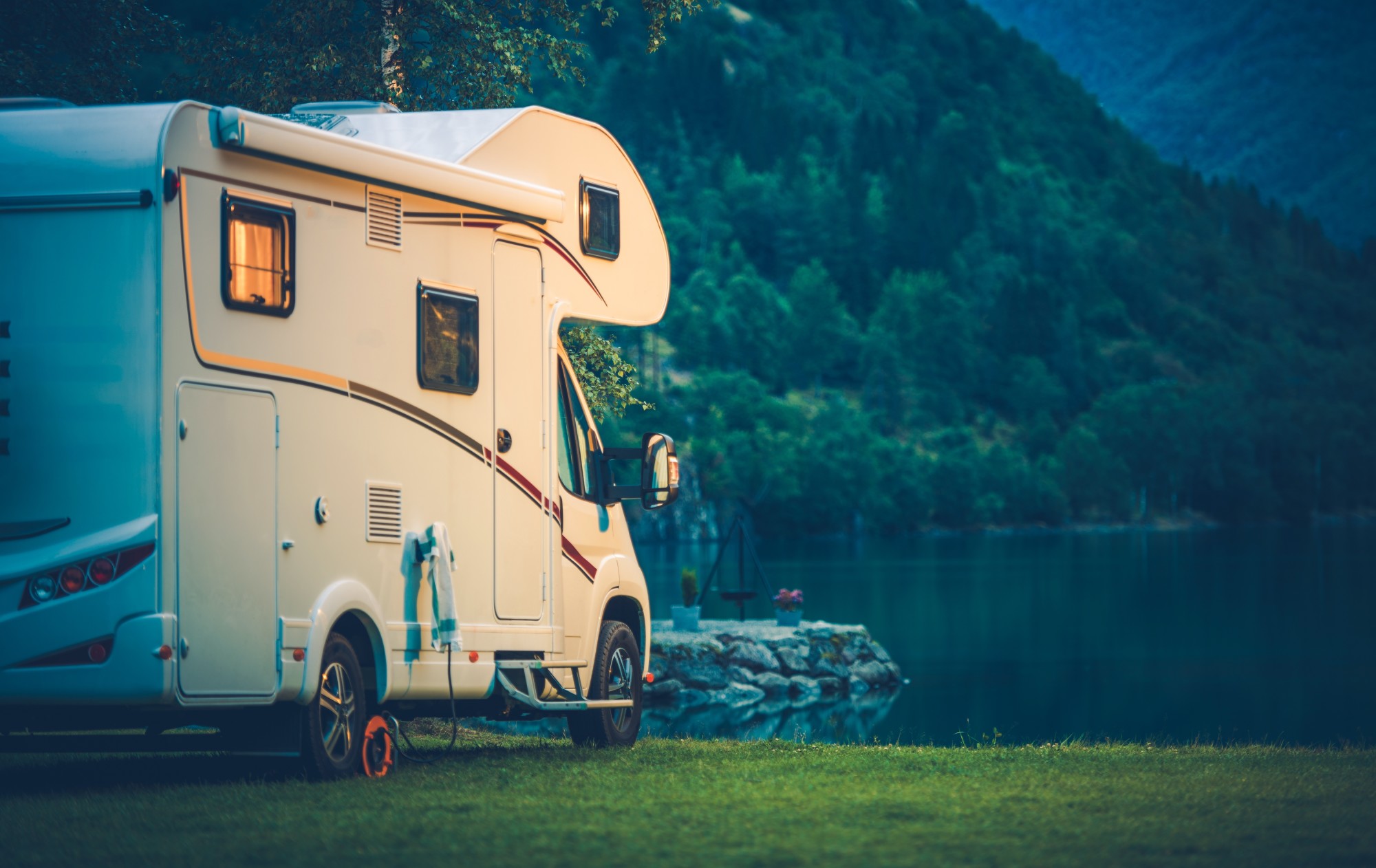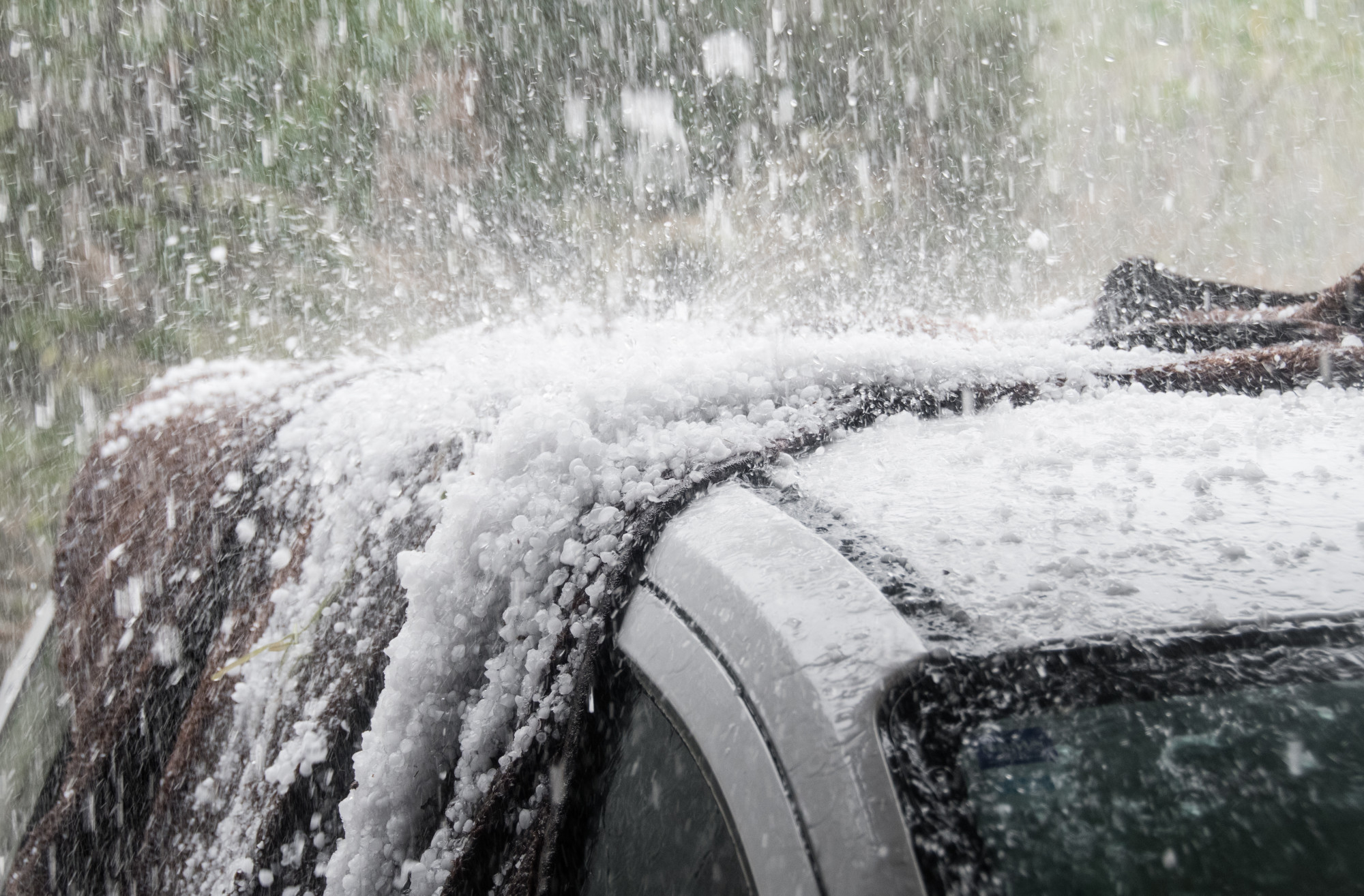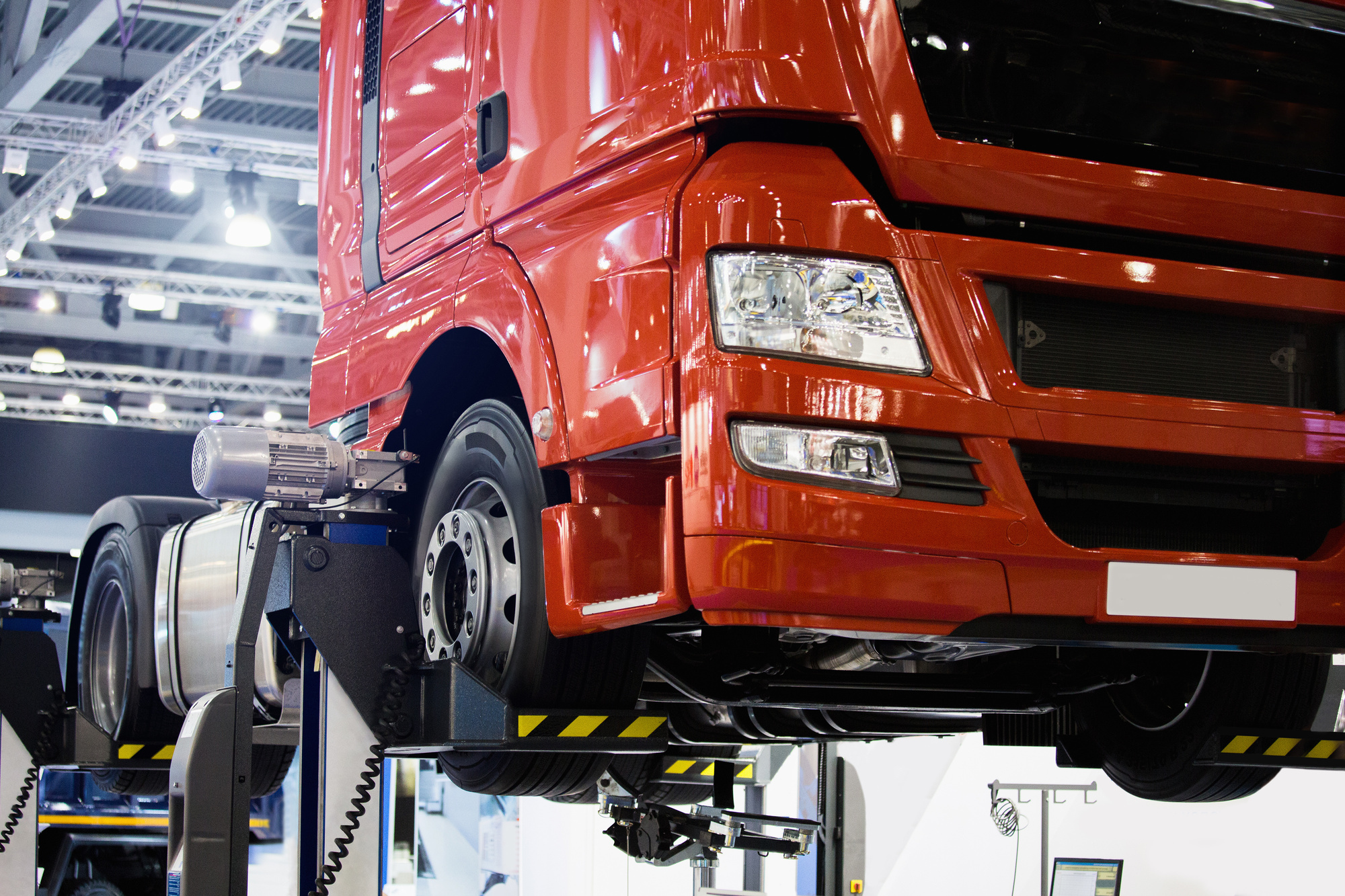
Few problems are more frustrating or frightening than sudden, unexplained car trouble, especially if that trouble shows up when you’re behind the wheel. Double that if your car stalls while driving. An engine that shuts off without warning can put your and your family in danger, so it’s vital to know why it happens and what you can do about it.
When your car stalls, the engine quits and you won’t be able to brake or steer easily.
What To Do If Your Car Stalls While You’re Driving
- Maneuver the vehicle to the side of the road if possible.
- Turn on your hazards, so other drivers can see you and steer away from your car.
- If you can do it safely, get out of the car through the passenger door and away from on-coming traffic.
- You may have been told to raise the hood of the car, but keep in mind, doing that can block your line of sight.
- Call for help.
Car stalling is caused by three basic issues: a loss of air, fuel, or electricity while the engine is running. The good news is, only a handful of problems cause a car to stall while driving or idling. The important thing is to diagnose it correctly.
Common Causes
- No fuel. A car without gas will quit. So will a car with the wrong fuel, a plugged fuel filter or dirty fuel injectors. Make sure your tank is full and you’re using the right kind of gas. Check your owner’s manual to find what type of gas your vehicle requires, typically regular, premium or diesel.
- No air. Cars are a lot like people. They need clean air to run. Your car “inhales” air, and its filter removes any debris. If your air filter is clogged with leaves, pollen or road debris, your engine can stall.
- No Spark. Ignition happens when there’s a mixture of fuel and air in the combustion chamber and it’s compressed. Worn out or bad spark plugs can cause an engine misfire and eventually, a full stall.
What To Do
- Check for the easy fixes first. Is there fuel in the car? Is it the right type?
- Is your air filter clogged? Pop the hood, pull the filter out and give it a look. Clear out any leaves or other debris. Air filters should be replaced every 30,000-45,000 miles, depending on the vehicle. Your owner’s manual will include a maintenance schedule for your particular car.
- Check your spark plugs. They’re good for 30,000 or 100,000 miles, depending on the type.
Warning Signs
Pay attention if you notice the warning signs that your car is developing a problem.
For example, if your spark plugs are going bad, you may notice a higher than normal fuel consumption, an engine stutter or acceleration problems. Have the engine diagnosed by a professional. It may cost between $200 and $2500 to repair.
A car that stalls while driving is a hazard to you and your family and something that needs to be addressed as soon as possible. Take time to learn how to perform some of the repairs yourself, like changing the air filter.




